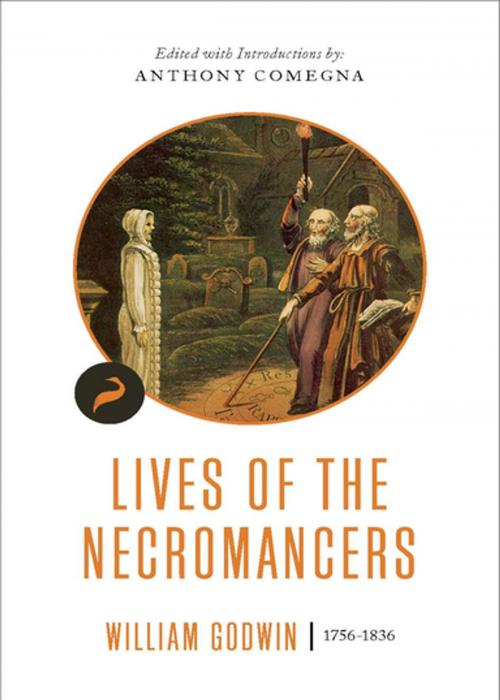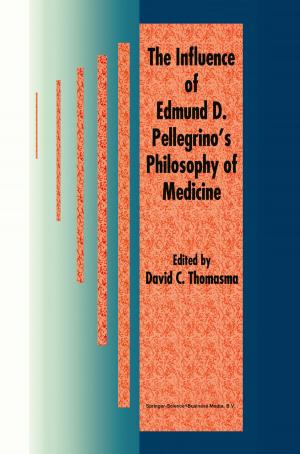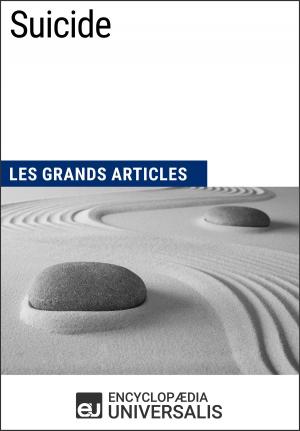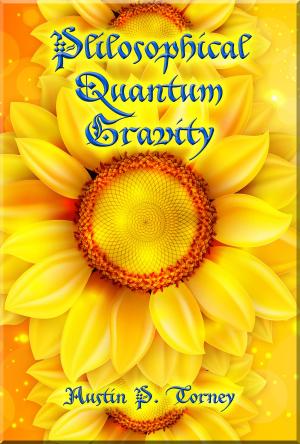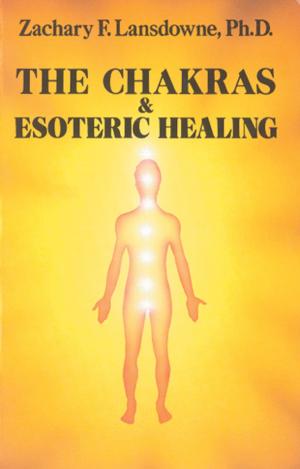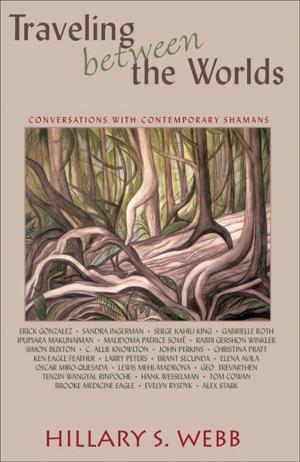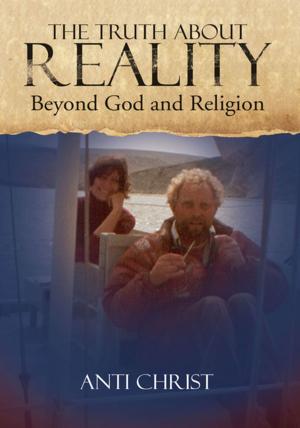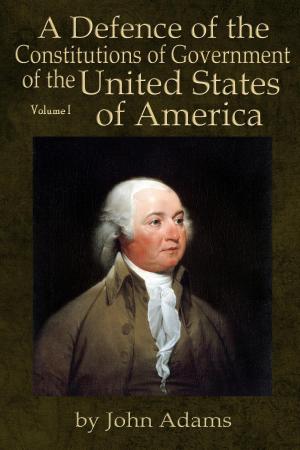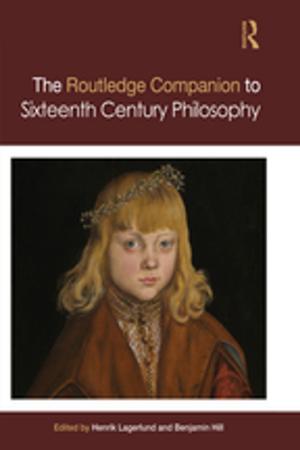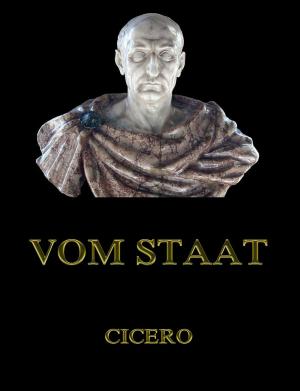Lives of the Necromancers
Fiction & Literature, Literary Theory & Criticism, Ancient & Classical, Nonfiction, Religion & Spirituality, Philosophy| Author: | William Godwin | ISBN: | 9781944424596 |
| Publisher: | Libertarianism.org Press | Publication: | July 18, 2017 |
| Imprint: | Language: | English |
| Author: | William Godwin |
| ISBN: | 9781944424596 |
| Publisher: | Libertarianism.org Press |
| Publication: | July 18, 2017 |
| Imprint: | |
| Language: | English |
William Godwin’s Lives of the Necromancers was an exceptional libertarian author’s most unusual book. Exposing all things occult, Godwin takes us from the mists of ancient existence to the dawning of modernity. Throughout the ages, there have been those who would keep knowledge secret, monopolizing its power for their own aggrandizement. Those wealthy, powerful, and educated few who could best exploit the people’s credulity could best satisfy the will to power. Christianity and Renaissance combined to break the knowledge-monopolists’ power and occultists gradually became relegated to the ranks of court astrologers, advisors, fever-brained mystics, and peripatetic hucksters. Godwin leaves readers with a confident assertion that witchcraft has left the world, dispelled by the light of science and reason. Modern readers, however, will no doubt leave this volume wondering—who are our Necromancers? What wonders might they be keeping from us? And to what end?
William Godwin’s Lives of the Necromancers was an exceptional libertarian author’s most unusual book. Exposing all things occult, Godwin takes us from the mists of ancient existence to the dawning of modernity. Throughout the ages, there have been those who would keep knowledge secret, monopolizing its power for their own aggrandizement. Those wealthy, powerful, and educated few who could best exploit the people’s credulity could best satisfy the will to power. Christianity and Renaissance combined to break the knowledge-monopolists’ power and occultists gradually became relegated to the ranks of court astrologers, advisors, fever-brained mystics, and peripatetic hucksters. Godwin leaves readers with a confident assertion that witchcraft has left the world, dispelled by the light of science and reason. Modern readers, however, will no doubt leave this volume wondering—who are our Necromancers? What wonders might they be keeping from us? And to what end?
